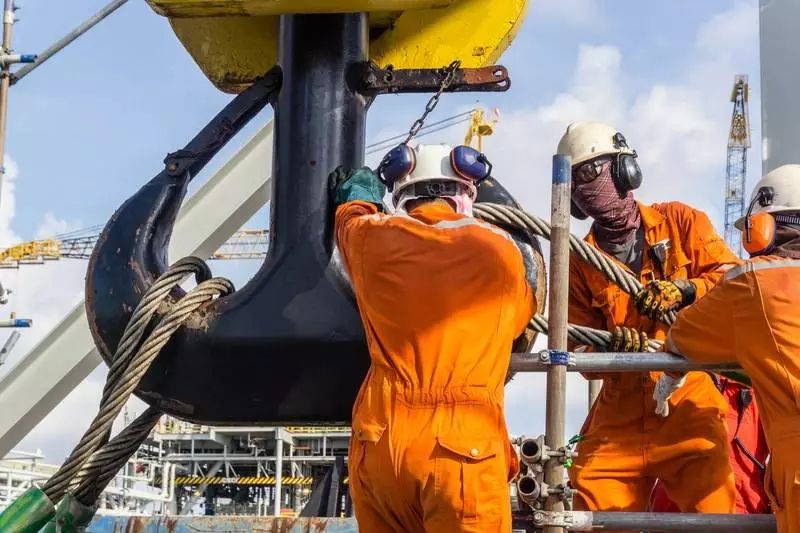
Nigeria stands at the brink of a maritime revolution as maritime experts and industry leaders champion the adoption of Lagos State's groundbreaking Blue Economy Strategy. This comprehensive framework promises to unlock the nation's vast, untapped ocean resources and position Nigeria as a dominant maritime force in Africa.
The Untapped Goldmine Beneath Nigeria's Waters
With over 850 kilometers of coastline and extensive inland waterways, Nigeria possesses one of Africa's most promising maritime landscapes. Yet, this potential remains largely unexplored, representing what industry specialists call "sleeping economic giants." The Lagos Blue Economy Strategy emerges as the wake-up call the nation desperately needs.
What Makes the Lagos Strategy Revolutionary?
The strategy represents a holistic approach to maritime development, focusing on sustainable utilization of ocean resources while preserving marine ecosystems. Key pillars include:
- Sustainable Fisheries Development: Transforming artisanal fishing into modern, industrial-scale operations
- Port Infrastructure Modernization: Upgrading Lagos ports to compete with global maritime hubs
- Marine Tourism Expansion: Developing coastal tourism and recreational activities
- Shipping and Logistics Enhancement: Strengthening Nigeria's position in regional and global trade
- Marine Biotechnology: Tapping into the pharmaceutical and industrial potential of marine organisms
Economic Windfall: Projected Benefits for Nigeria
Industry projections indicate that full implementation of the blue economy strategy could generate millions of new jobs and contribute significantly to Nigeria's GDP. The maritime sector currently contributes less than 1% to the national economy, but experts believe this could multiply several times over with proper execution.
"We're sitting on a blue goldmine," declares a prominent maritime economist. "The Lagos strategy provides the roadmap to transform our coastal assets into sustainable wealth generators, creating opportunities from shipbuilding to marine research."
Addressing Critical Challenges
The strategy doesn't shy away from Nigeria's maritime challenges. It specifically targets:
- Security Concerns: Enhanced maritime security to combat piracy and illegal fishing
- Infrastructure Gaps: Modernizing port facilities and shipping infrastructure
- Regulatory Hurdles: Streamlining bureaucratic processes and improving coordination
- Environmental Protection: Implementing sustainable practices to preserve marine ecosystems
Regional Leadership and Global Positioning
Successfully implementing the Lagos Blue Economy Strategy would position Nigeria as a continental leader in maritime affairs. The framework aligns with global best practices while addressing Nigeria's unique challenges and opportunities.
The timing couldn't be more crucial as African nations increasingly recognize the economic potential of their ocean resources. Nigeria has the opportunity to set the standard for blue economy development across West Africa.
The Path Forward
Stakeholders emphasize that success requires coordinated efforts between federal and state governments, private sector investment, and international partnerships. The strategy calls for establishing specialized maritime training institutions, fostering innovation in marine technology, and creating attractive investment frameworks.
As one industry leader noted, "This isn't just about economic growth—it's about securing Nigeria's future through sustainable ocean management. The blue economy represents our next frontier for development, and Lagos has provided the compass to navigate it successfully."
The coming months will be critical as policymakers, investors, and maritime professionals rally behind this transformative initiative that could redefine Nigeria's economic landscape for generations to come.





